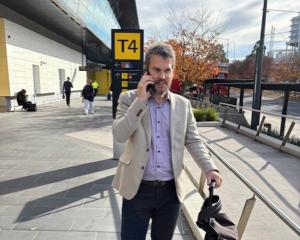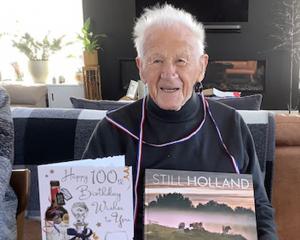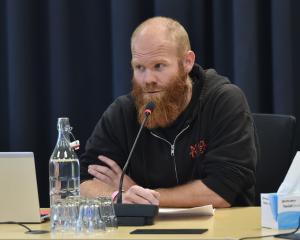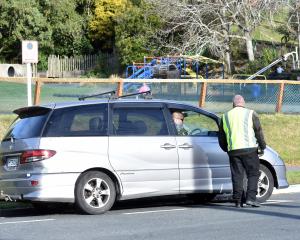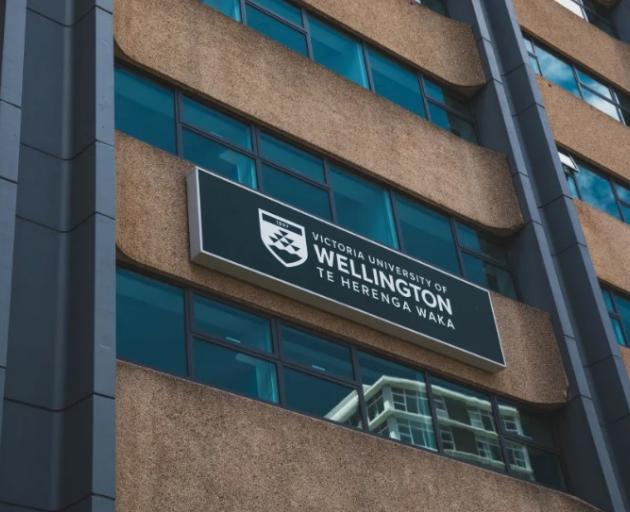
Victoria University of Wellington had scheduled a free-speech debate this week, moderated by RNZ’s Corin Dann. This was a positive initiative from the vice-chancellor.
He would also have been aware the National/Act coalition agreement says the Education and Training Act will be amended so that tertiary education providers receiving taxpayer funding must commit to a free-speech policy.

The presence of two "right-wing" speakers caused criticism. The Free Speech Union’s Jonathan Ayling was seen as especially problematic. According to a column in student magazine Salient, the union supported the free-speech rights of those with "hateful" ideas. Its support of anti-trans activists and the anti-co-governance campaign meant his inclusion compromised the safety of marginalised groups on the campus.
The vice-chancellor has said the original agenda and list of speakers had caused "polarisation" and "a depth of feeling" on campus.
In one way, the Salient view is understandable. Trans people face, and have faced, trauma and obstacles unimaginable to most of us.
But we might have thought universities were supposed to be places for rigorous intellectual inquiry, for debate, for differing views. It seems, though, the university must adhere to a progressive agenda. Free speech was trumped by what is described as protection of minorities. Co-governance views cannot be questioned.
What is today’s "correct" way of thinking changes over time and must always be open to challenge and questioning. That is what history should teach us. We shouldn’t be so sure of ourselves that we cannot be open to revision.
History also demonstrates that free speech, the foundation of democracy, overall does more to protect minorities than harm them. It is all too easy for majorities to wield their power and suppress subgroups and divergent opinions.
More commonly, it used to be the Left railing against establishment views, pushing the boundaries and in need of free-speech safeguards. The overdue advance of gay rights in the West originally owed much to free speech. First Amendment speech and expression rights are still valuable for LGBTQ+ citizens in conservative parts of the United States, notably in schools.
Anyway, "hateful" ideas flourish on social media no matter how politically incorrect, or in some cases offensive, they might be. Suppressing them just hardens views and increases polarisation. Let them be exposed and probed.
Why is it that authoritarians of the Left or Right always, and in quick order, seek the suppression of free-speech rights?
Of course, such rights are far from absolute. There are various legitimate restrictions. The default position, however, should be in favour of free speech.
That should especially be so in our universities. Sadly, it is not.
*****
After last week’s rant about the road-cone disease, Civis was intrigued to be informed there’s even a Guinness Book of Records entry for the fastest marathon dressed as — you guessed it — a road cone.
The record (male) was broken at this year’s London Marathon. Matt Everett ran 3 hours 22 minutes and 16 seconds in his orange outfit.
To add to the obscure information you might not like to know, the record for running in a full-body inflatable costume (female) was also beaten. Georgina Box completed the 42.2km in 5 hours 10 minutes and 31 seconds.
*****
From the language gripe corner comes the verb "to shutter". What’s wrong with just "to shut"? Journalists seem primarily responsible for introducing this abomination to the lexicon. RNZ, which Civis respects, wrote in one article about Warner Bros Discovery’s "proposal to shutter Newshub".
Let’s confine that use of the word to darkness. Leave it as a noun as in window shutters, or for the device for letting light in via a camera lens.


